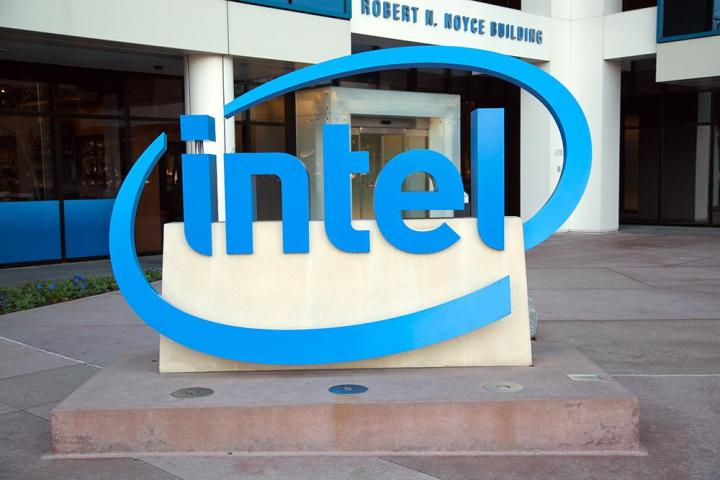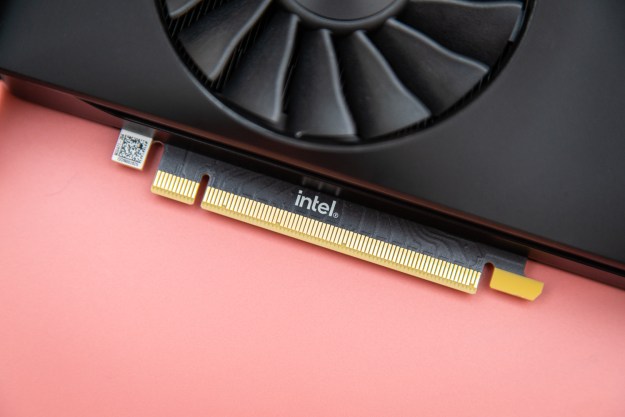
The Atom chips code-named Sofia and Broxton are to be cancelled with immediate effect, according to a report from PC World. Sofia processors had already begun shipping, while delays had forced the Broxton chip to miss its scheduled 2016 launch date.
The culling of the Atom line is the first major element of Intel’s plan to reshuffle after the company announced an 11-percent cut to its work force, as reported by CNN. Shifting focus to products that offer a better return on investment is a smart choice, but it’s perhaps at the cost of groundwork laid in previous years.
Intel bet big on its smartphone and tablet interests, investing billions into Atom, but ultimately the company couldn’t compete with rival ARM. There have been calls for Intel to discontinue the Atom line before today, owing to the poor performance that the processor delivered in order to achieve its budget-friendly price tag.
It’s likely that the company will now attempt to push its Core M processors in place of Atom chips. Those parts offer up more power and better performance, but that would in turn be reflected in their pricing.
The resources freed up by Intel’s termination of the Sofia and Broxton chips will likely help bolster the company’s efforts to get in on the ground floor with 5G components. 5G networks are expected to become the norm over the next few years, which could be a huge boon for a company able to supply the necessary chips and modems.
Editors' Recommendations
- No, Intel isn’t blaming motherboard makers for instability issues
- Intel’s big bet on efficient GPUs might actually work
- We might have an answer to Intel’s crashing crisis
- I tested Intel’s XeSS against AMD FSR — and the results speak for themselves
- Intel may fire the first shots in the next-gen GPU war


